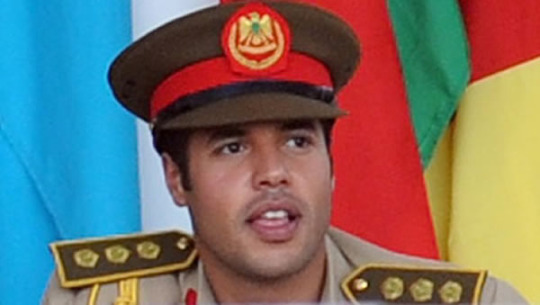The Real Net Effect: The Saudi Regime Tries to Control Social Media (Mutter)
 Tuesday, May 1, 2012 at 10:05 |
Tuesday, May 1, 2012 at 10:05 |  Scott Lucas in
Scott Lucas in  EA Middle East and Turkey,
EA Middle East and Turkey,  Journalism and Media,
Journalism and Media,  Middle East and Iran
Middle East and Iran  Hamza KashgariMedia monitoring, as practiced by governments in Libya, Bahrain, Egypt, Syria and Iran (to name a few), is not so much enforced by datacenters, wiretaps and informants but by searches of TV stations by police, days in a holding cell and the warrant officer's truncheon. The technology, of course, plays an increasingly vital role, not least because it makes it so much easier to prepare a mound of "evidence" to the prosecution's satisfaction. As Sultan Al Qassemi notes, governments and their supporters are becoming more social media savvy too.
Hamza KashgariMedia monitoring, as practiced by governments in Libya, Bahrain, Egypt, Syria and Iran (to name a few), is not so much enforced by datacenters, wiretaps and informants but by searches of TV stations by police, days in a holding cell and the warrant officer's truncheon. The technology, of course, plays an increasingly vital role, not least because it makes it so much easier to prepare a mound of "evidence" to the prosecution's satisfaction. As Sultan Al Qassemi notes, governments and their supporters are becoming more social media savvy too.



